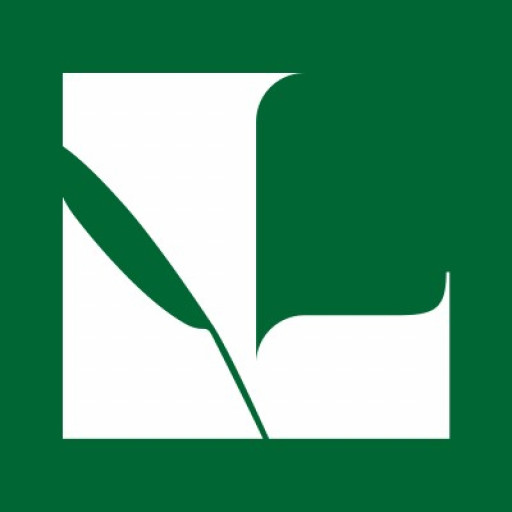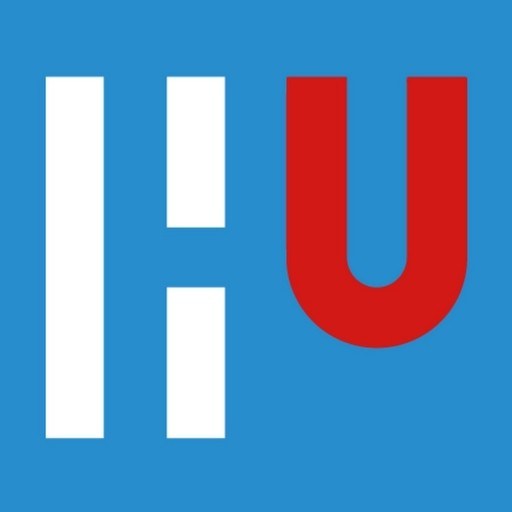Photos of university / #vuamsterdam
The programme Comparative Arts and Media Studies focuses on intermedialities in relation to cinema, television, digital media, literature and visual arts. Intermedialities are crossovers and interrelations between the arts and the media, but also within and between various media. These have been intensified with the arrival of digital media and the “hypermedium” that arises from the on-screen interplay of words, images, and sounds and through the convergence of cinema, television, radio, journalism, e-books, and photography on the web.
Core courses
The programme is built around five main courses. The first semester (period 1+2+3) consists of two introductory courses on core theoretical frameworks of intermediality studies and a lecture series shared by the whole Arts & Culture department. In the second semester (period 4+5+6) you will get acquainted with intermedialities in present-day practice by analysis of crossmedial exhibitions, but will also delve into media aesthetics, with transformations in television as point of departure.
Reading Concepts of Intermediality; Period 1+2+3 (9 points)
will help you to come to grips with the major concepts used in contemporary debates on the synergy between the arts and the media, such as intermediality, intertextuality, and (re)mediation. This course also involves a close reading of installations, art works, texts, sites and sights.
Transmedia Storytelling; Period 1 (6 points)
focuses on the different ways in which stories are told across media (including film, television, comics and games) as modes of niche-marketing and creative consumption. You will look at narratological issues and at the contexts of production and consumption.
Lecture series Arts & Culture; Period 1-3 (3 points)
Crossmedial Exhibitions; Period 4 (6 points)
deals with processes of intermediality in present-day practices of curatorship, sponsoring, policy-making, designing and criticism. Exhibitions that we have looked at in the past were The Art of Fashion (Museum Boijmans, 2009), Illusions of Reality (Van Gogh Museum, 2010), Amsterdam DNA (Amsterdam Museum, 2011-2012), Oskar Fischinger (EYE, 2013), Jeff Wall (Stedelijk Museum, 2014), Anthony McCall/Desmet's Dream Factory (EYE, 2015), and Michelangelo Antonioni/Close-Up (EYE, 2016).
The Art of Comparison: Precarious Aesthetics – Distribution of the Sensible Across Media; period 4 (6 points)
introduces histories and theories of aesthetic experiments across different media and technological platforms. Acting on the assumption that all experience is mediated and that every process of mediation implicates aesthetic elements, the course uses current transformations in television as a starting point to raise more general questions regarding new concepts of 'media aesthetics'.
Read more about the courses in the Study Guide
Deepen your individual scope with electives or internships
You can customize your programme by selecting subjects from a broad range of interdisciplinary electives in the fields of visual arts, architecture, literature or history. For example:
- Visual Arts: From Romanticism to the Post-Digital: Slow (Media) , seminar (sem. 1, p. 1-2, 9 ects)
- The Creative Imperative, lecture series iArt History in coll. with Stedelijk Museum (sem.1, p. 1-2, 3 ects)
- Renaissance Literature & Visual Studies (sem. 1, p. 1, 6 ects)
- Semiotics: Words versus Images (sem. 1, p. 1, 6 ects)
- Film Narratology and Adaptation (sem. 1, p. 2, 6 ects)
- Visual Art and the American Poet (sem. 1, p. 2, 6 ects)
- The Gothic Gaze (sem. 1, p. 2, 6 ects)
- Design, History and Culture (sem. 1, p. 1-2, 9 ects, limited availability)
- Methods of Design Analysis: The Meaning of Design (sem. 1, p. 1-2, 9 ects, limited availability)
- Museum conservator, verzamelen en presenteren, a (sem. 1, p. 1-2, 12 ects, in Dutch) only if you did a BA course in museum or exhibition studies before, partly at UvA
- Kunstkritiek 1800-heden (Art Criticism 1800-now) (sem. 2, p. 4-5, 9 ects, in English)
- Literature and Society (sem. 1, p. 4, 6 ects)
- Diasporic Experience (sem. 1, p. 5, 6 ects)
- Academic English: Advanced Writing MA (sem. 1, p. 2, 3 ects)
- Individuele Verdieping’ (sem. 1, p. 1-3, 3 ects)
- Work Placement Comparative Arts and Media Studies
Or you can choose an internship with a research dimension if you would prefer to gain practical experience in the field of media and arts. For more information, please consult the Internships page on our website.
Admission requirements and application
Admission is based on a strict selection procedure. The Faculty’s Admission Board will decide upon your admission after having evaluated your complete online application. If you have read the admission criteria below and feel you are eligible for admission, please take the following steps to submit your application. Note that the initial application procedure is fully online and that scans of your relevant documents are required.
Step 1: Meet admission criteria
Step 2: Prepare documents and apply online
Step 3: Await decision on admission
Step 4: Finalize registration and move to Amsterdam!
Step 1: Meet admission criteria
In order to gain admission to one of our Master’s programmes, you will need to have at least a Bachelor’s degree from an accredited research university including at least three full years of academic study amounting to a minimum of 180 ECTS or equivalent.
Specific admission requirements for the Master’s programme Arts & Culture, specialization in Comparative Arts and Media Studies
The Master’s Arts & Culture with a specialization in Comparative Arts and Media Studies is designed for students with an academic Bachelor’s in either art, film, TV, digital media, or (visual) cultural studies. You may also be accepted if you have an academic Bachelor in other disciplines of the Humanities (history, journalism, communication studies, comparative literature), with a major or specialization in art, film, television, digital media, or visual culture (equal to a minimum of 30 ECTS).
You must always present official test results proving your proficiency in English. Only students who have completed a full high school/International Baccalaureate in English or bachelor’s degree in Canada, USA, UK, Ireland, New Zealand, or Australia may be exempted. You can already apply online without having the test results. In case you haven’t taken a test yet we advise you to plan a test date as soon as possible. Below you will find the minimum English test scores for the English taught programmes at the Faculty of Humanities:
TOEFL score (score 600 paper based with a minimum of 55 in each of the subtests plus 4.0 in TWE, score 250 computer based or score 100 internet based with a minimum of 20-23 in each of the subtests). IELTS score of 7.0 overall band score (with none of the separate section scores dropping below a minimum score of 6.5).
Cambridge English: Cambridge Proficiency Exam A, B, C, or Cambridge Advanced Exam A, B, C.
Please refer to the language requirement page for the general requirements regarding the English language test.
Step 2: Prepare documents and apply online
Please prepare the following documents. You can find an explanation of each document on the application page. All documents should be provided in English.
- Copy of your valid passport or ID (ID only for EU residents)
- Curriculum Vitae
- Motivation Letter
- Two Letters of Recommendation
- Transcript of records
- Thesis (or another sample of academic writing, at least 5 pages plus a list of used literature)
- A description of the relevant courses you have taken during your previous higher education
- A list of all the main literature used during your previous higher education
After having prepared the required documents, please follow the online application procedure. After you have completed the application, our international student advisors will contact you via email.
Step 3: Await decision on admission
The admission board will review your application as soon as it is complete. Normally this takes about four weeks, but it might take longer in busy periods so be sure to apply as soon as possible. If you gain admission, you will receive a letter of conditional admission by email. You can start planning your move to Amsterdam!
Step 4: Finalize your registration and move to Amsterdam!
Make sure to finalize your registration as a student before the start of the programme. Here you will find an explanation what to do after admission. When all conditions are met you will be ready to start your programme at VU University Amsterdam!
Want to improve your English level for admission?
Prepare for the program requirements with English Online by the British Council.
- ✔️ Flexible study schedule
- ✔️ Experienced teachers
- ✔️ Certificate upon completion
📘 Recommended for students with an IELTS level of 6.0 or below.
International students may apply for various kinds of funding. Some possibilities are:
VU Fellowship Programme
Netherlands Fellowship Programme
Holland Scholarship Programme
Orange Tulip Scholarship
Fulbright scholarship
Working during and after your studies
For international students, it is possible to work beside your studies, however for students who do not speak Dutch it is usually difficult to find something. The university has its own in-house employment agency that may be able to help. Also check out www.undutchables.nl. As a non-EU student, under Dutch law you are only allowed to work 10 hours a week if you have a work permit. For more information, check here.
For international students who have completed their Master’s at VU University Amsterdam, there is a possibility to stay in the Netherlands an additional year to search for job opportunities, while maintaining your visa.









